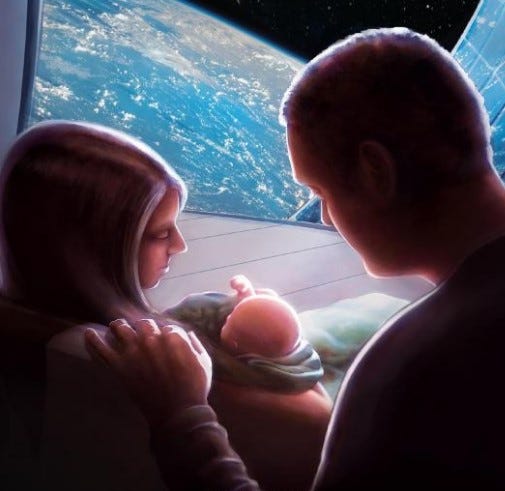Your thinking about space is all wrong.
Let's create a better way to measure progress towards a spacefaring civilization.
How close are we to building a spacefaring, star-spanning, Star Trek-like future?
On the one hand, progress seems to be accelerating. NASA, SpaceX, Planet, Virgin, Blue Origin and many others are building more launch vehicles, more satellite constellations, and even more human spaceflight systems seemingly every day. Furthermore, there are glimmers that by the 2030s there could far more people living in low earth orbit, and maybe even on the Moon. Truly, this is the best time to be a space enthusiast.
But on the other hand, all of this progress is a far cry from a self-sustaining, expanding, thriving human civilization in space. There are no real plans (beyond Powerpoint) to extract extraterrestrial resources. A Mars colony gets a lot of attention but is at least a decade away. Interplanetary travel has a host of problems yet to solve, and interstellar travel is still science fiction. There are no communities in space - no schools, houses of worship, or supermarkets - and none on the drawing board. Even the richest person in the world - Jeff Bezos - can’t buy his own space station yet, even though he really, really wants one. A baby hasn’t even been born in space yet.
Humanity has a very long way to go before it is a truly spacefaring civilization.
What this means is that humanity is definitely ‘space-traveling,’ and ‘space-exploring’ but not yet ‘space-faring.’
So how will we know if we are making progress towards this long-term goal? The Curious Cosmonaut proposes the following metrics (spoiler alert, it’s all about people!):
Number of people present in space at any one time
Number of human spaceflight capable launch and reentry vehicles
Capacity of in-space habitats: how many people can be supported in space at any one time?
Number of babies born in space
When the number of people present in space, and the number of transportation and habitation systems reach a certain point, and when the first babies are born in space, humanity will have reached a new level of in-space civilization.
The Curious Cosmonaut will explore these ideas in the coming weeks to attempt to build a simple way to measure humanity’s progress towards the Star Trek-like future that excites so many of us.
Stay tuned!
If you liked this post, please subscribe and share!
If you have feedback, please tweet with me @CuriousCosm0.




